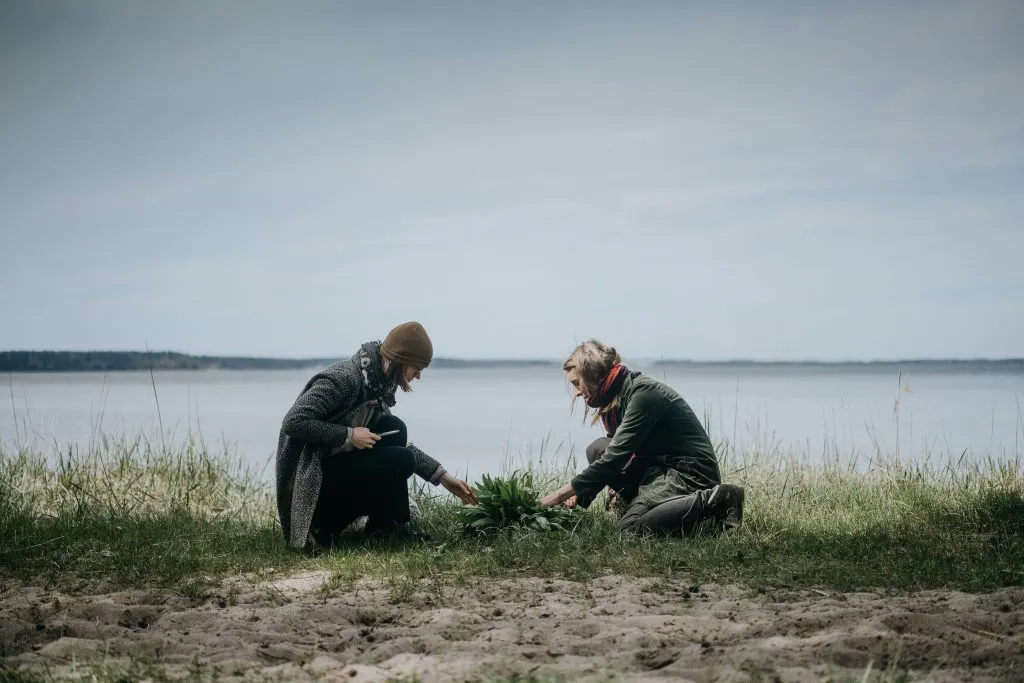The Perspectives Series Vol 5: Agata Bielska
From Meadow Lab (Opens in a new window).
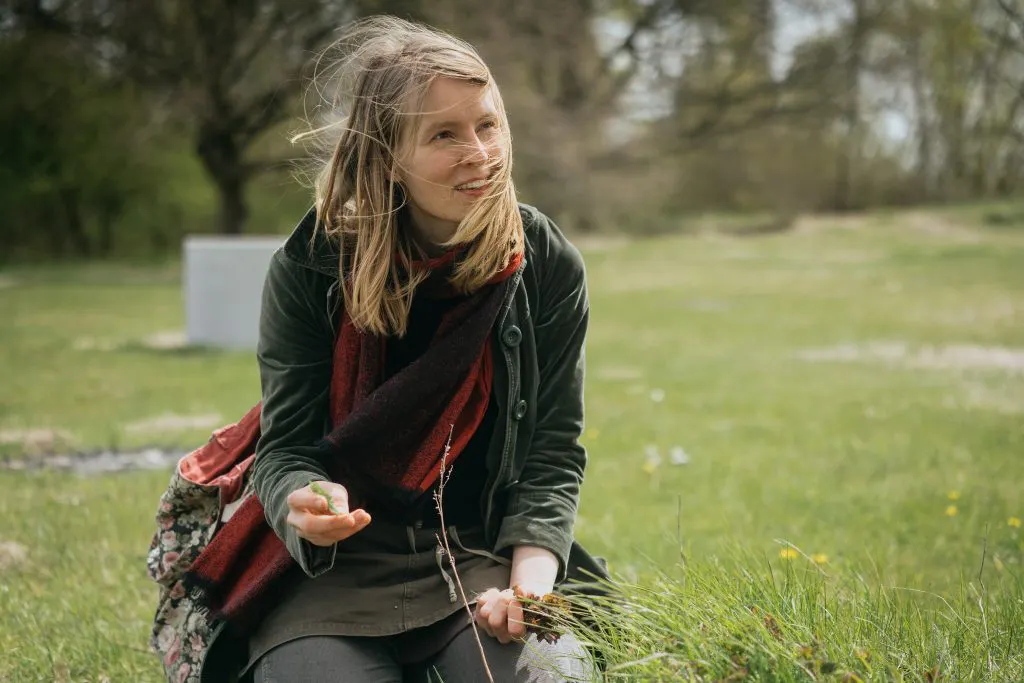
Originally published on September 10th, 2020.
In your own words please introduce yourself and your work.
I am a forager, wild food educator, fermentation geek, chef and gardener based in the South of Sweden. I teach about wild food and fermentation techniques. I guide plant walks in urban areas and in wild nature. I inspire people to reconnect with nature and to collaborate with bacteria, yeasts and molds. I believe that in order to care for the environment, we need to feel at home in nature. Since I was a kid I have loved to cook and gather around the table to eat, and that is still a central part of my life. For me food is about nourishing the body and spirit, by meals, prepared with love and care from local, organic and seasonal ingredients. During the last 2 years, I also turned several tonnes of rejected food into delicious meals as chef at surplus food restaurant Rude Food Malmö.
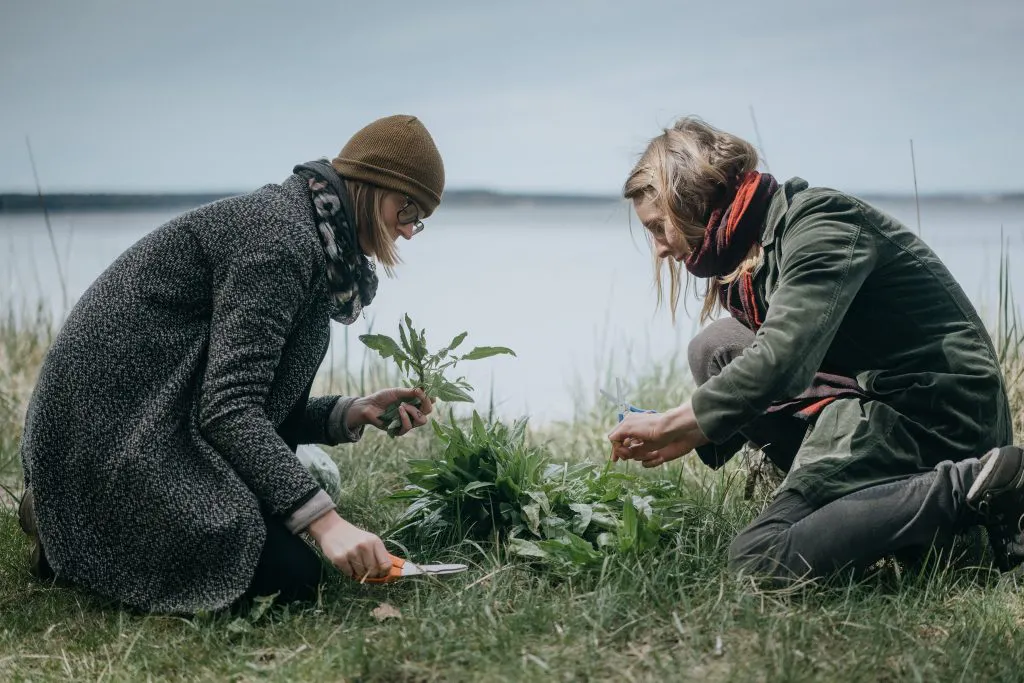
What does “sustainable food” and "a resilient food culture" mean to you?
To produce our food in a way that is good for the environment and for the people. Working with nature, not against nature. To reconnect with how food is produced and cultivate gratitude in relationships with nature, soil, sun, water, plants, animals, and people who produce our food, to always give back for all we get and don’t waste anything.
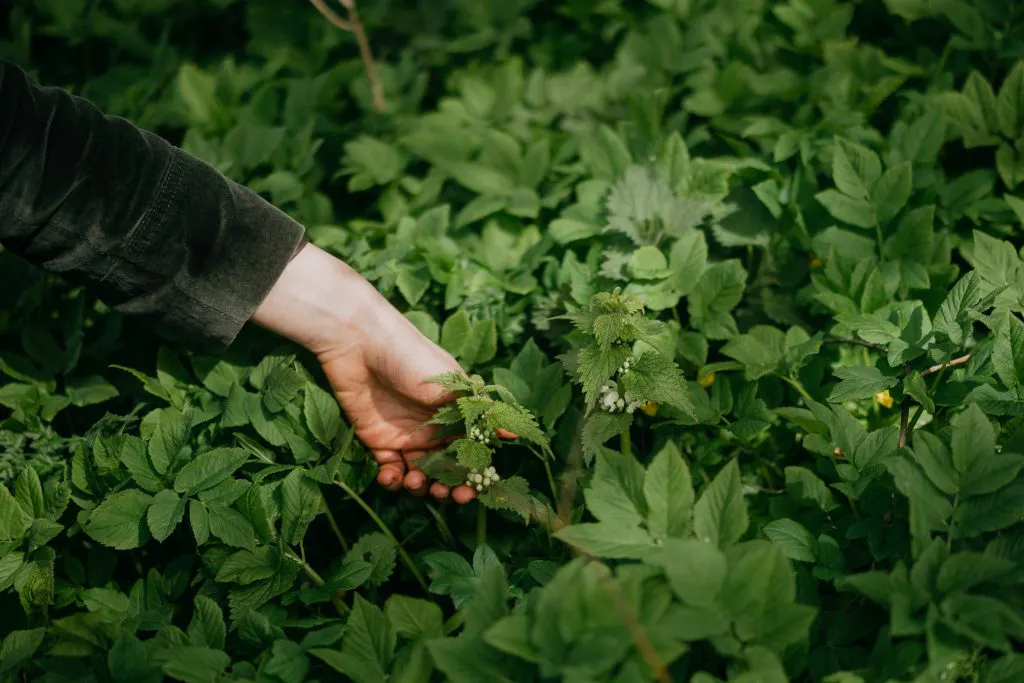
What are your visions/dreams for a more sustainable, responsible and resilient food culture?
There is so much to be done. I would start with raising awareness about how food is produced and what negative impacts it creates. So people can understand how harmful conventional agriculture is, and show them alternatives like regenerative agriculture, small ecological farms, and systems of distribution directly from farmer to consumer. We in the richer part of the world have power when we make choices about what food to buy. It creates an impact if the majority starts to choose food that is grown locally, in an organic way.
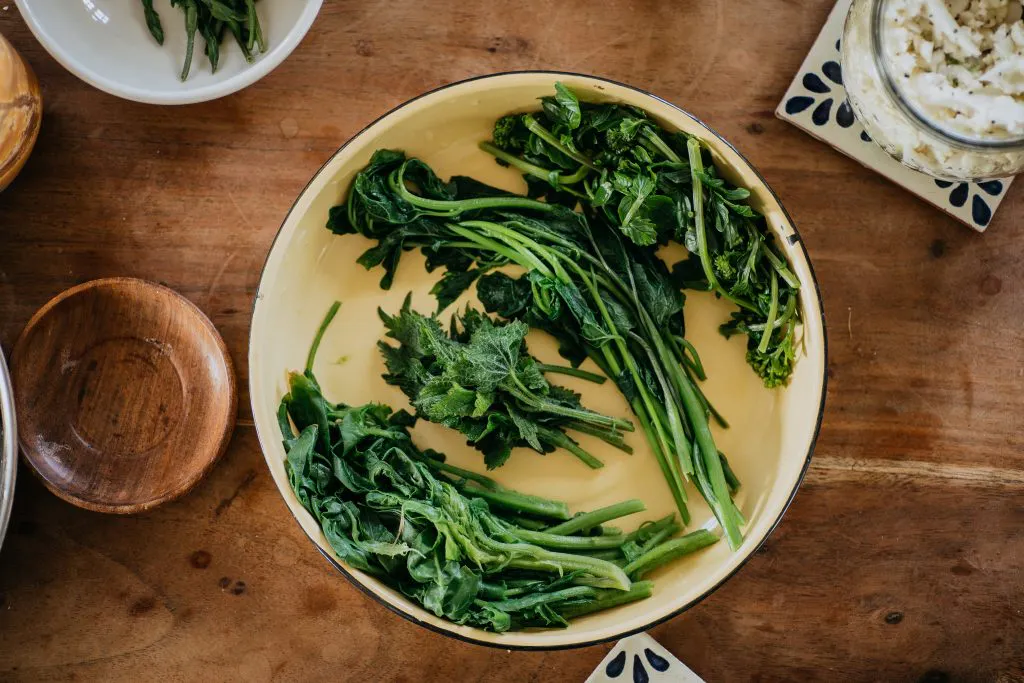
How is your work connected to this vision?
My mission is to bring people closer to nature and inspire them to practice reciprocity and gratitude for all we get from Mother Earth.
I do it by teaching about wild food, and connecting people with nature's bounty. By teaching about beneficial microbes and fermented food. By acting to share awareness about the unsustainable food system and food waste it creates…
In my work with wild food I focus on common wild plants, usually considered of no value and called weeds. But these are the most vigorous and resilient plants, and they are available for everyone. Value of common weedy wild plants is underestimated. They are masters of adapting to new conditions, they feel at home in urban areas, and are resistant to climate changes. They play an important role in the ecosystem - protecting soil from erosion, reducing loss of carbon, improving fertility of soil, extracting nutrients from deeper parts of soil, improving structure of compacted soil, feeding insects and animals… They are extremely vigorous and productive and contain much more antioxidants and nutritions than cultivated plants. They can be found almost everywhere and are also very easy to grow. There is so much they can teach us.
In your eyes, where lies the biggest potential for us as consuming humans to impact change and help shape a more sustainable food culture?
Turning from being only a consumer to a producer of your food, even if it is going to be a small percentage of the food you eat, it matters. You can always grow something, veggies on your balcony, sprouts, microgreens, mushrooms or insects indoors, learn about wild edible plants and forage some greens and fruits, turn your grass lawn into a vegetable garden, or join a community gardening project. It will not only feed you, but also give you an understanding of what it takes to produce food. That will be a good starting point for people to question our current unsustainable system of food production.
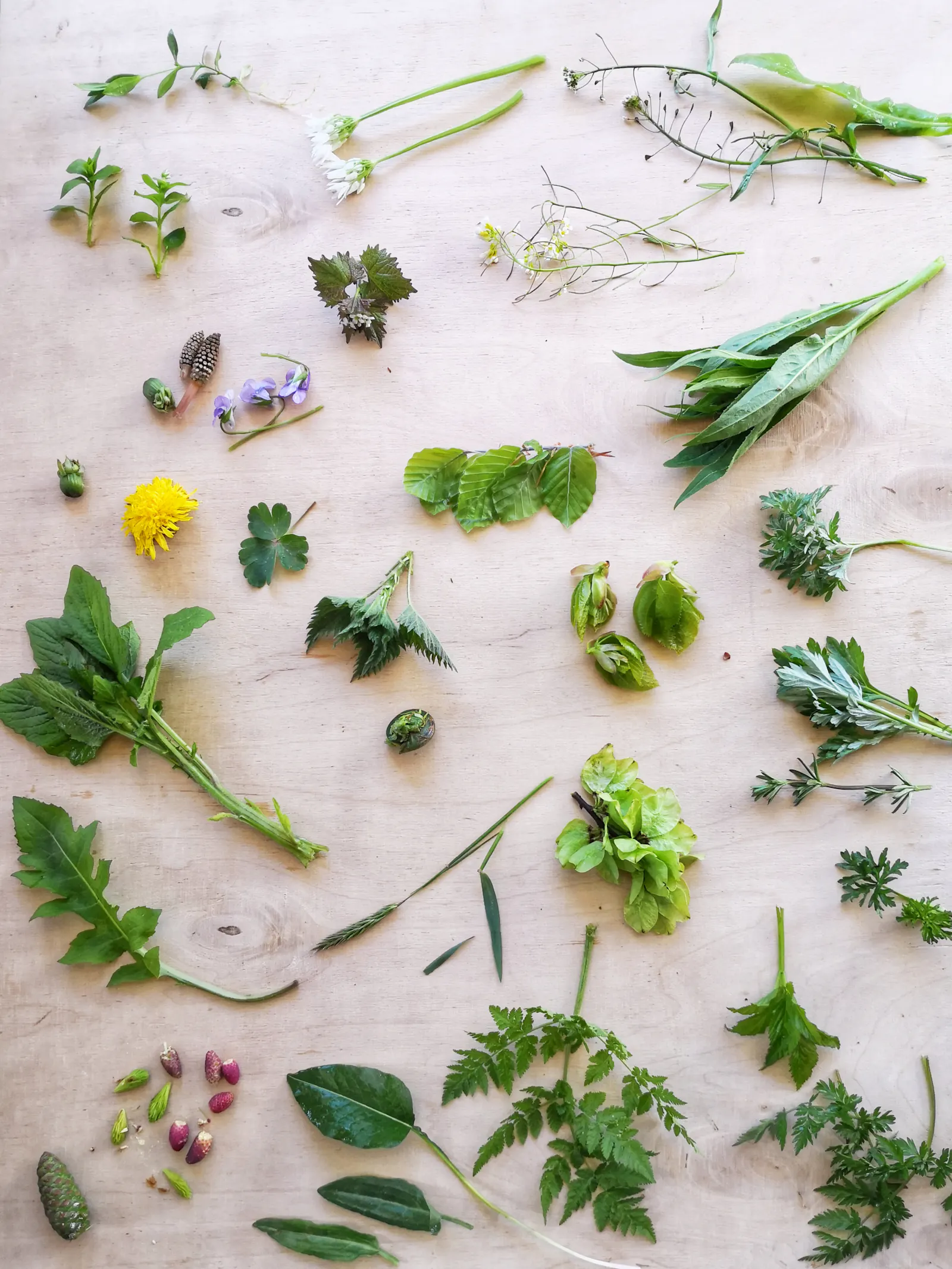
Where can people learn more about your work and engage with it?
The Meadow Lab website (Opens in a new window), Instagram (Opens in a new window) or Facebook (Opens in a new window).
Where else would you encourage people to go and learn?
Go out and start learning about wild plants in your closest surroundings, even if you live in the city you will find plenty. Many of them have been used as food and medicine and are truly energy powerhouses.
Start a microbial revolution in your kitchen, learn to make fermented foods from scratch, it will support your own health, satisfy the drive to be more self-reliant and to deepen your understanding of the microbial universe.
Put your fingers in gardening, learn how to build healthy soil, grow your own food.
Anything else you'd like to share?
We need a global shift from exploiting natural resources to taking loving care of nature. Don’t forget to give back for all you get.
